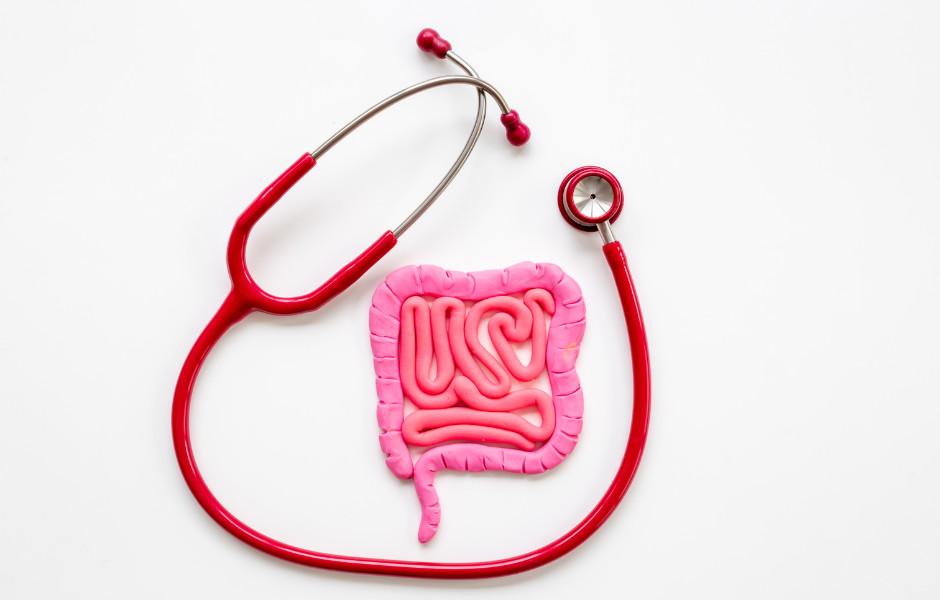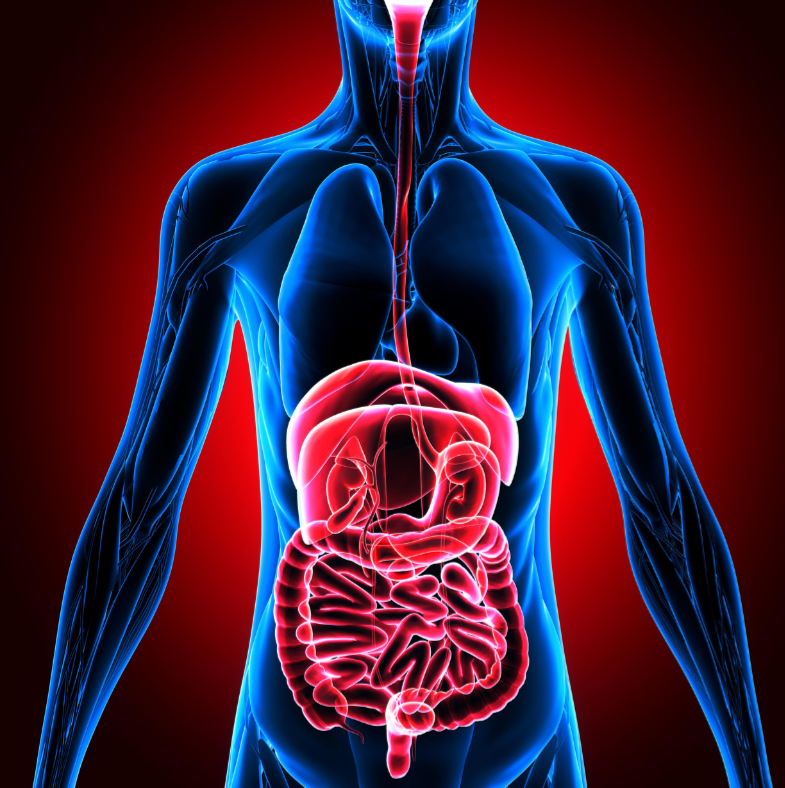NEWS & UPDATES
Digestive health and Cerebral Palsy: Why the basics matter
15 Sep 2025
By Amy Hogan
Digestive challenges, such as constipation, are common for people with Cerebral Palsy (CP) – Hōkai Nukurangi. Differences in movement patterns and mobility can affect how the digestive system functions.
However, these difficulties are not inevitable. Digestive health can be supported through proactive strategies and should be part of regular medical check-ins, just like any other aspect of health.

It’s not always easy to talk about something as intimate as constipation, diarrhoea, or incontinence. Embarrassment can creep in, and many people avoid raising these topics. Yet addressing the fundamentals of health including bowel health is essential for comfort, wellbeing, and participation in everyday life.
Constipation is the most frequently reported issue, but diarrhoea and incontinence also occur.
These complications can often be managed with a combination of medical support, routine, and small day-to-day strategies. If this becomes long term, chronic or different from the norm it’s especially important to stay under medical supervision and have your baseline medications reviewed regularly.
If a medication feels too harsh, or the dosage isn’t right, talk to your medical team about alternatives – there are usually options. Also, the ‘normal’ may look different from people without CP, so it’s useful to have a rough idea of the baselines.
Beyond medication, many people with CP find the following areas helpful:
Diet and hydration
- Gradually increase fibre in manageable amounts (e.g., whole grains, vegetables)
- Stay hydrated – water is best
- Limit high-sugar drinks
- Ask your GP or pharmacist about natural supplements, such as kiwifruit tablets, which some people find useful.

Movement
- Regular movement can support natural digestive processes — this can include seated twists, forward folds, or knees-to-chest stretches
- Upright posture helps gravity do its work. If possible, sit-to-stand movements (built up gradually) can be effective
- Even gentle stretches in a chair make a difference
- Small, frequent movements tend to be more effective than doing a lot all at once
- Safety is always key — use cushions, straps, or supports as needed.
Positioning
- When using the toilet, ensure feet are flat on the ground for stability
- Breathing exercises, such as diaphragmatic breathing (or deep belly breathing), can help stimulate the digestive tract:
- Place a hand on your belly
- Inhale deeply so the belly expands
- Exhale fully and allow the belly to soften.

Routine
- The digestive system responds well to regularity
- Eating, drinking, and moving at roughly the same times each day can encourage natural reflexes.
Final thoughts
Digestive health is highly individual — what works well for one person with CP may not work for another.
The key is to try small adjustments, give your body time to respond, and work with health professionals to find a sustainable routine.
Constipation, diarrhoea, or incontinence don’t have to be accepted as “just part of CP”. With the right supports in place, these issues can be managed in ways that reduce discomfort and improve everyday life.
 * Amy Hogan is the Cerebral Palsy Society’s Researcher and Member Support Advisor.
* Amy Hogan is the Cerebral Palsy Society’s Researcher and Member Support Advisor.

